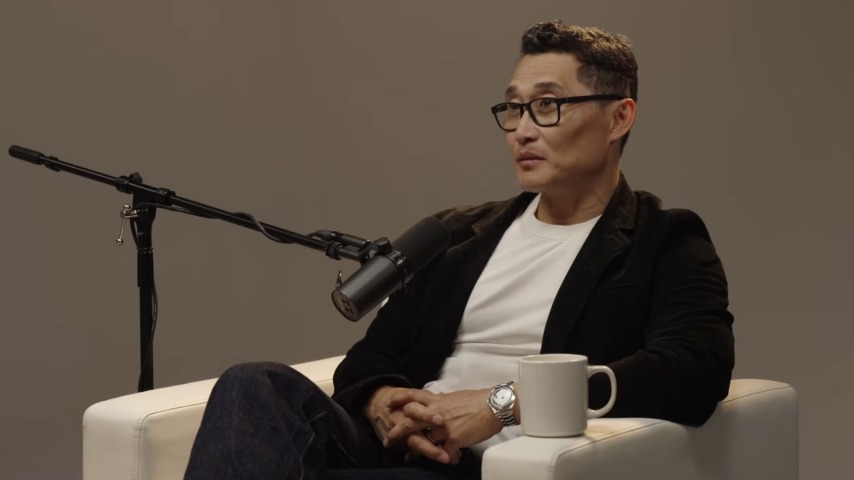Daniel Dae Kim sees the CBS News issues as part of a larger Hollywood problem
"The idea of inclusion is not something that’s a political trend. It’s my life."
Screenshot: American Masters PBS/YouTube
President Donald Trump has declared war on diversity, equity, and inclusion, a pretty transparently fascistic move meant less as a way to improve the lives of Americans and more as a way of exerting control (with the added benefit of reinforcing the country’s white supremacist structures). As to the effect this will have on Hollywood, “We’re already seeing it,” says Butterfly star Daniel Dae Kim in a new interview with The Associated Press. “If you look at what happened with Paramount and CBS News, we’re seeing a chilling effect on free speech and journalism and DEI. ‘DEI’ is a bad word these days, but to me, DEI’s not a fad. The idea of inclusion is not something that’s a political trend. It’s my life. It’s what I’ve lived every decade I’ve been in this business.”
 Keep scrolling for more great stories.
Keep scrolling for more great stories.
